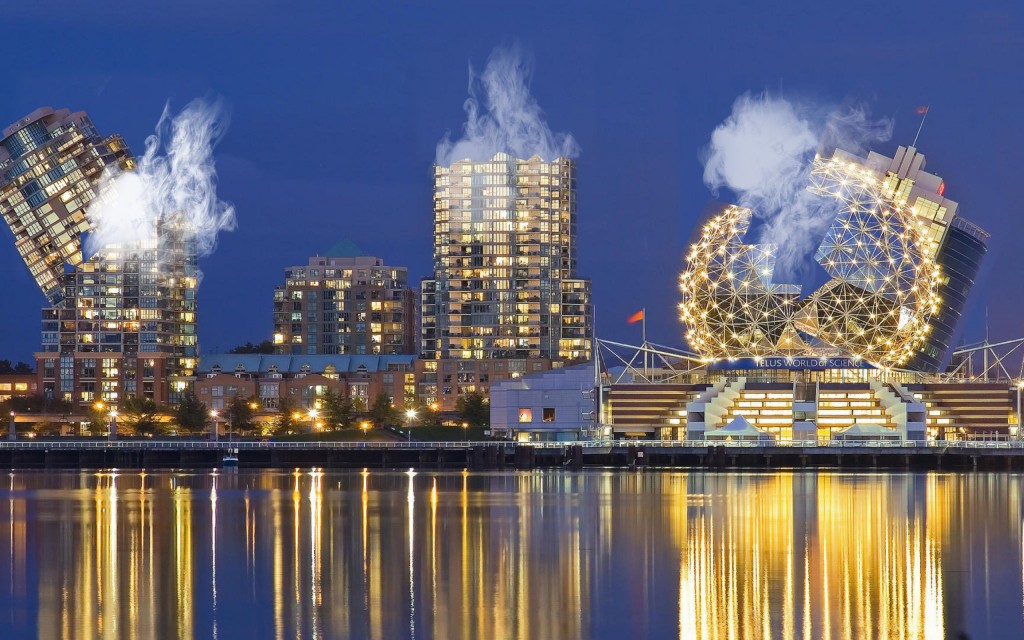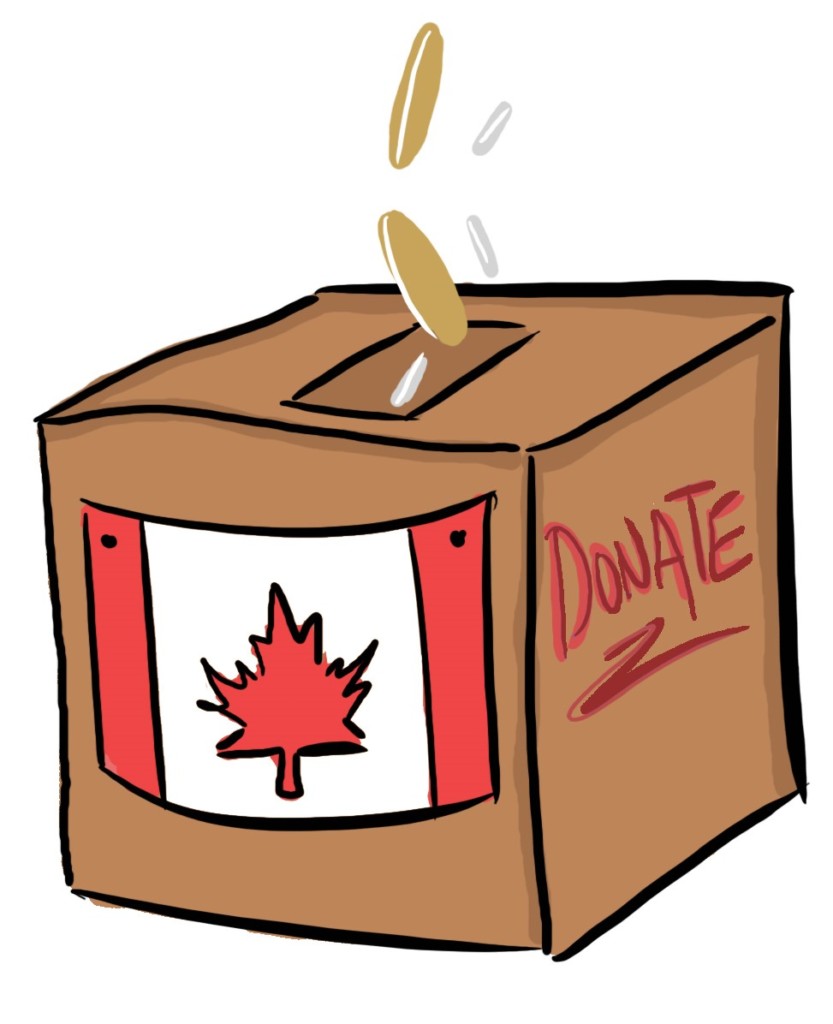Lacklustre earthquake should alert us, not relieve us
By Elliot Chan, Opinions Editor
I didn’t crawl under my table during the 6.7-magnitude earthquake near Vancouver Island on April 24. In fact, I didn’t even notice until my social media erupted with comments concerning the swaying of homes and buildings.
I walked away from the situation slightly relieved that the worst that had happened was the reminder that I was spending too much time on the Internet and that I was so unprepared for natural disasters.
But give me a break, it’s hard to think about the collapse of my city when I’ve got so many other immediate things to worry about—that’s right, I’m saying that I’m not the only one who didn’t go under a table or quickly locate the emergency kit. If you did feel the shake, you were probably too busy enjoying the novelty to notice what it was. Preparing for an earthquake is just not a human instinct.
Still I don’t remember a time in my life where I wasn’t anticipating “the Big One,” the name of the megathrust earthquake that was prophesied to hit the Pacific Coast of Canada and the United States in the (very) near future. Images of Japan, Indonesia, and Chile remind me that earthquakes are nothing to joke about. Should it hit with the force predicted, my life would shift, like if I was diagnosed with a terminal illness. At this current state of preparedness, I just hope to survive if the Big One hits.
The earthquake earlier this year was a reminder that our government, our emergency teams, and we citizens are never going to be ready for an earthquake. There is just no such thing as “ready.” There is no saying when it would hit and where you would be. Sure, there are protocols to follow after the incident and there are measures to be taken to mitigate damage, but aside from that it’s a crapshoot. I believe natural disasters occur with the consistency of lottery tickets—you might be lucky enough to survive or you might be less lucky.
Individually, we cannot do much after an earthquake, but together we can pump money into funding that will help us survive in the aftermath. Emergency Management BC currently supplies $6.2 million of funding to “emergency services.” There is no plan to increase the figure since no one can really assess the damage before it occurs. Money is one thing, but having experienced teams prepared is another.
Civilians need to know what to do after the earthquake. What would people downtown do? What would people on the coast of Vancouver Island do? What would people sleeping at home do? What about the people commuting on a highway? The government should go into some length explaining the proper procedures following the quake and the aftershocks.
We need a plan we can all follow, because cluelessness will surely lead to chaos. I am often clueless without my social media—and lord knows I won’t have that after the Big One knocks out my Wi-Fi.
Hiding under the table is one thing, but we need to know what to do once we emerge.



